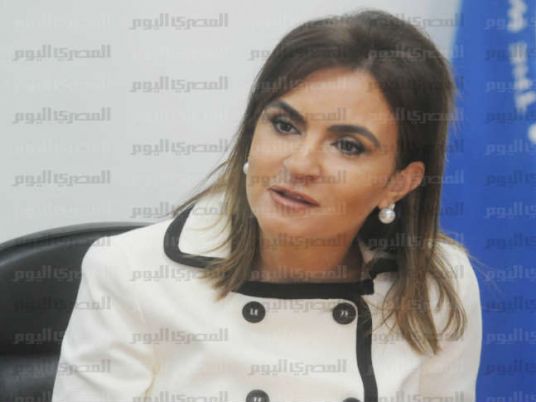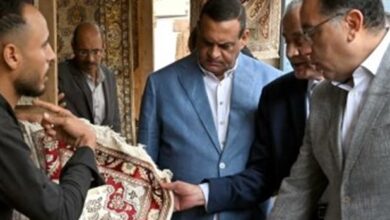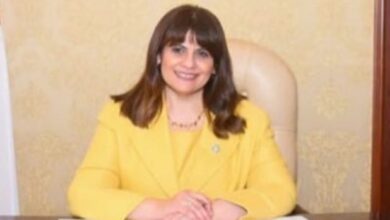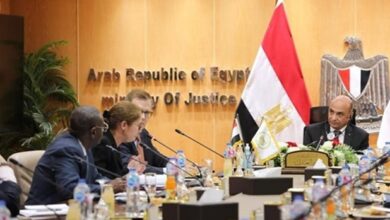
A senior expert at the World Bank has said that the world organization is not concerned with the absence of an elected parliament in Egypt as long as the president has the authority to approve its programs in the country, according to an Al-Masry Al-Youm interview.
Sahar Nasr, the chief Financial Economist in the World Bank's Finance and Private Sector Development Department of the Middle East and North Africa, said in an interview with Al-Masry Al-Youm that WB policies in Egypt remain unchanged despite political transitions over the past few years.
Nasr revealed that Egypt is currently undergoing a boom in cooperation with the bank as it now exhibits “a clear vision for economic schemes and measures… which helps draw larger aid from the World Bank.”
Nasr said the bank’s top priorities in Egypt include “creating job opportunities and encouraging the private sector to play a broader role in development.”
She also said the WB focuses on combating poverty at marginalized unemployment hotspots. She pointed to a joint program by the WB and the Egyptian government targets housing for low-income citizens, adding that both parties benefit from the experience of other countries in that project.
Nasr said the bank had also provided Egypt with two loans, each worth of US$300 million, for local banks and civil organizations to finance small and medium-scale enterprises. Another $80 million were pumped last week through the National Bank of Egypt, as well as LE50 million to the Egyptian Financial Supervisory Authority to finance the draft law on microfinance. Those loans, she explained, would help support the rapid growth of SMEs, and consequently boost political and economic stability.
The WB believes Egypt’s recent economic reforms were “bold” and “positive,” and hopes they extend to other sectors such as housing, real estate rentals and farmers’ subsidization, Nasr said, reiterating that the bank does not practice any pressures on Egypt to adopt any measures.
Nasr revealed that the bank plans to attend Egypt’s economic summit in Sharm al-Sheikh resort, scheduled for February 2015, where Egypt will be responsible for laying down programs, investment plans and finance packages.
Speaking of the draft law on microfinancing, Nasr said the law’s significance emanates from the control it would impose over the financing of organizations and its goals. She added that the Cabinet had approved the draft and submitted it to the presidency for final approval.
According to Nasr, the new law has to differentiate between organizations funding specific social classes that have no access to regular financing sources (such as banks), and organizations that offer other kinds of services.
Concerning the WB’s project to support reform at the Principal Bank for Development and Agricultural Credit, Nasr said that agriculture is vital to Egypt’s food security, and stressed that bank reform, side by side with other land reclamation projects, would secure extra benefits for farmers. She revealed that the WB is awaiting approval for a LE500 million loan designed for the restructuring of the agricultural bank.
Asked about her assessment of investment certificates issued for the new Suez Canal project, Nasr replied: “As an Egyptian, (I believe) those certificates give confidence in the Egyptian economy, and gave the world institutions a message that the people are standing by the government and its program.”
Edited translation from Al-Masry Al-Youm




